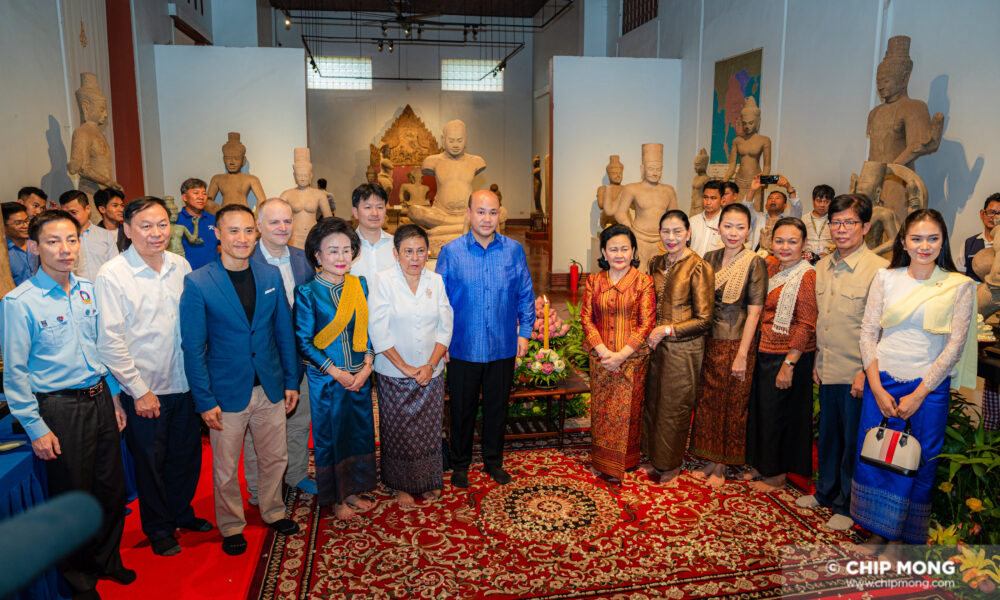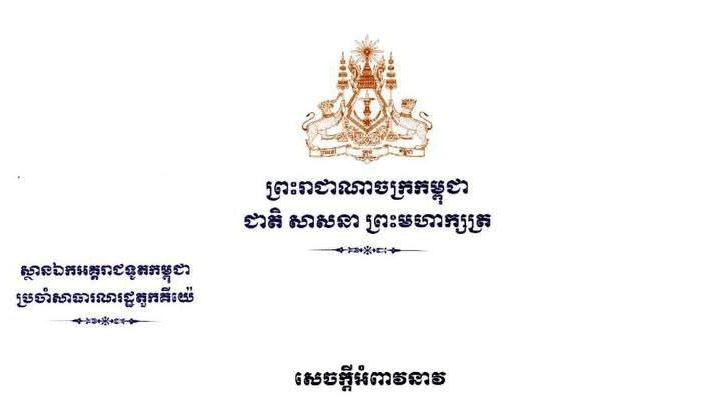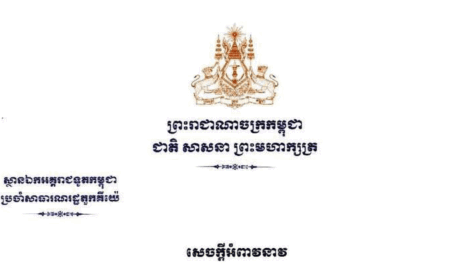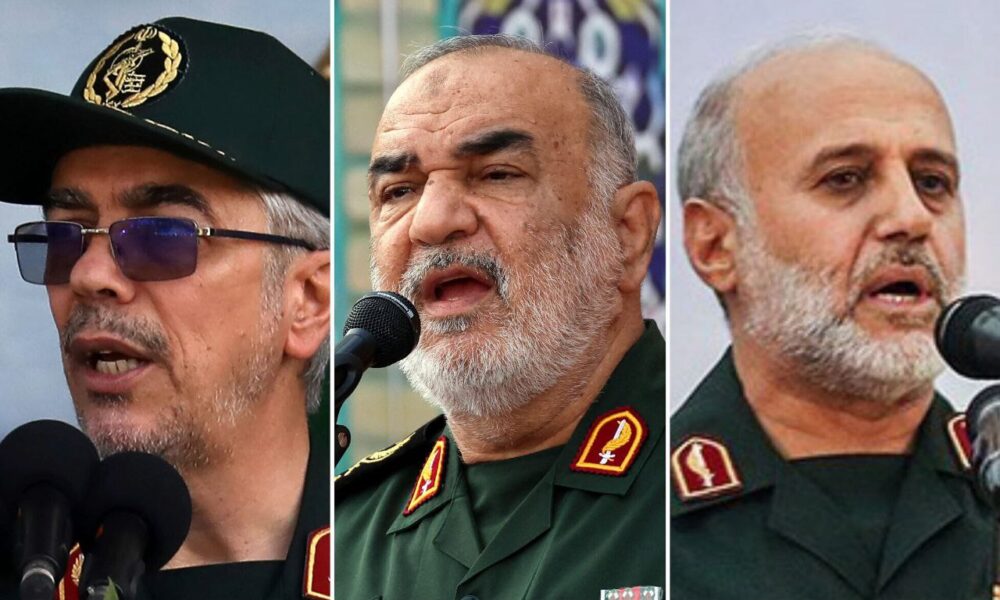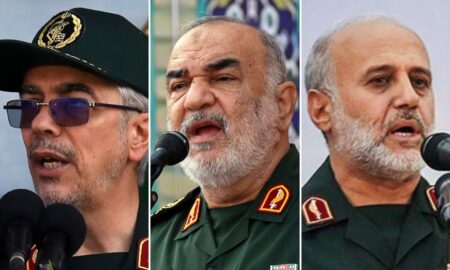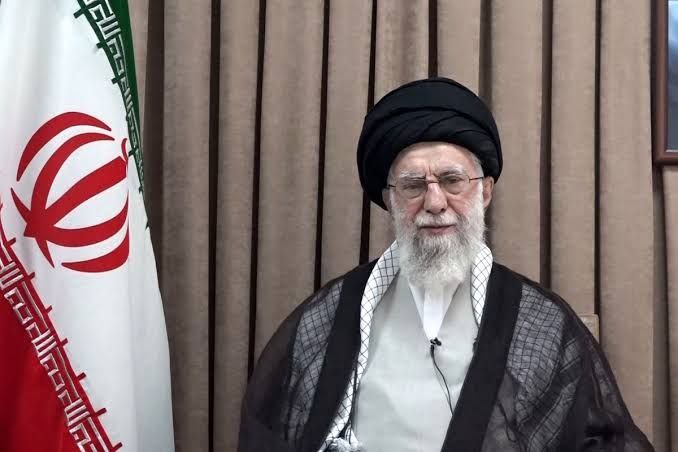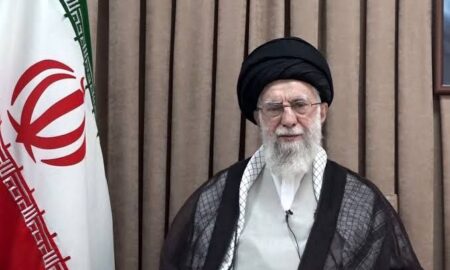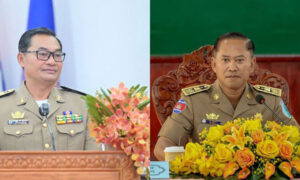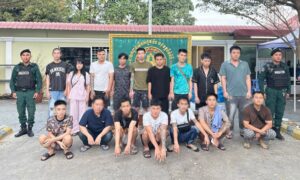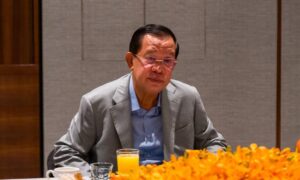Recent developments in North Korea’s close alignment with Russia are alarming. North Korea’s supply of missiles and artillery to Russia, coupled with Russia’s overt ‘pro-North Korea stance such as disregarding international sanctions, is a significant event in the Russia-North Korea relationship. Additionally Putin’s visit to North Korea after 24 years and the new Russia-North Korea treaty appear to
be outcomes of mutual interests. However, it is particularly surprising that North Korea seems to be using Russia as a shield to escape the influence of its guardian state, China.
China has not shown a noteworthy public reaction, but is actively working to discipline` North Korea, which appears to be disregarding China and showing pro-Russian tendencies. Internally, China is strictly enforcing North Korean sanctions, enhancing smuggling controls, and delaying the opening of the North Korea-China border. It is also imposing restrictions on the
exit and entry of North Koreans, pressuring North Korean workers in China to return home, and maintaining a generally uncooperative stance to tighten its grip on North Korea. Moreover, the removal of the ‘footprint plaque` commemorating the 2018 Xi Jinping-Kim Jong-un summit and China’s acceptance of the ROK-Japan-China Summit and ROK-China Foreign Policy and Security Dialogue are highly indicative of its stance.
Against this backdrop, the most surprising development is North Korea’s strong backlash against
China. North Korea has canceled scheduled sports exchanges with China, tightened controls over Chinese descendants, and halted payments in Yuan at markets. Television programs, previously dominated by Chinese films, has now been replaced with Russian movies, and state media like Rodong Sinmun, which previously emphasized the ‘blood alliance’ with China, have stopped reporting on China. There are even rumors that Kim Jong-un has instructed North Korean diplomats in China ‘to not be too conscious about China.’

North Korea’s unprecedented
backlash against China might seem quite unusual, but it appears to be entirely a decision and strategy of Kim Jong-un. Kim has grown disillusioned with China, as China, despite its continued rhetoric about their alliance as close as teeth and lips’, has failed to provide proper economic support due to its cautious stance toward the US. Consequently, he has turned to Russia as an alternative aiming to revive the stagnated economy through enhanced North Korea-Russia exchanges and seeking technological support to advance nuclear and missile capabilities. However, there is a deeper strategic
layer at play here: the aim to use Russia as a conduit to improve relations with the US.
Today, the world is keeping a close eye on the upcoming US presidential election in November. With Trump narrowly escaping assassination, his second term in office has become closer to reality. His potential second term is expected to prioritize ending the Russia-Ukraine war, and intensifying efforts against China. There is a high likelihood that the ‘bromance’ between Trump and Putin will be revived through a trade-off of practical benefits and prestige. Kim
Jong-un is likely to continuously court Trump through Russia. Kim is envisioning a ‘trilateral bromance’, where Kim joins forces with Trump and Putin, who are positioning themselves as a ‘strong man.
Kim understands better than anyone else that only Trump can guarantee his dictatorial power. Therefore, until here is a firm commitment from the US, North Korea will remain impervious to international criticism on issues such as nuclear weapons, human rights, and missiles, focusing instead on strengthening internal control and the idolization of Kim Jong-un as a means to
maintain his dictatorship. With nothing left but pride, North Korea’s shift from the ‘China card’ to the ‘Russia card’ in betting on the US reflects Kim’s desperation in the face of a regime crisis.
However, once the Russia-Ukraine war ends, Kim will likely realize that his ‘wishful thinking’ was nothing more than delusion and fantasy. Russia, which will prioritize economic cooperation with South Korea, is likely to abandon North Korea, which has nothing to offer. Additionally, North Korea, having moved away from China’s influence, will become a secondary concern
for the US. Ultimately North Korea will be facing a future where it is being disregarded by both China and Russia, and neglected by the US. This is an inherent part of North Korea’s isolated existence. Kim must quickly come to understand that he is like a frog slowly boiled alive in hot water.
– World Institute for North Korea Studies Director Chung Eui-sung (North Korean defector) –


